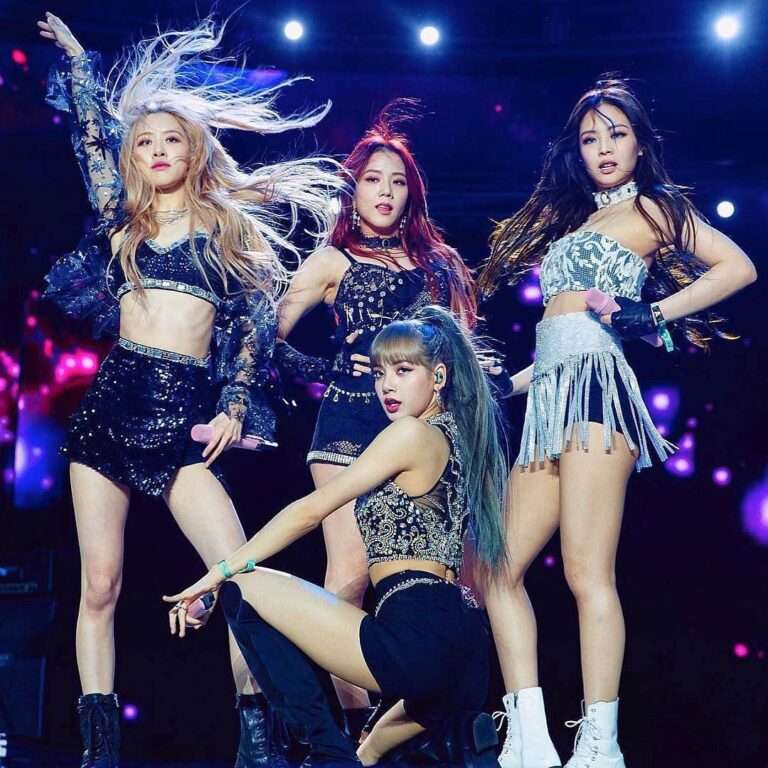Register Forum



The renowned South Korean girl group Blackpink has achieved enormous global success in the K-pop industry and amassed a large following of devoted followers known as BLINKs. Unfortunate reality, though, is that not everyone feels the same way about the group. Because of their gender and success, some people have expressed hate, insults, and misogynistic statements about Blackpink.
One of the key causes for Blackpink’s hatred stems from the broader issue of gender bias in the music industry. Historically, misconceptions and double standards have plagued women in the music industry. They are frequently ridiculed for their appearance, performance, or behavior. Blackpink’s ascent to popularity disproved these notions by demonstrating their extraordinary talent, dedication, and artistic elegance. This change in dynamics hasn’t, however, been embraced by everyone.
The K-pop industry is extremely cutthroat, with many groups striving for recognition and success. Due to Blackpink’s widespread success, some fans see them as a danger to their favorite groups, which has fuelled rivalry and feelings of resentment. Unfortunately, there are times when this competition devolves into hate speech and disparaging remarks.
Because of the anonymity of the internet, there is now a culture of online trolling and cyberbullying, in which people feel free to express their hatred without fear of repercussions. One of the most well-known K-pop groups, Blackpink, has frequently been the victim of toxic behavior by fans of other K-pop stars.
Misogyny is an ingrained form of bias that takes the shape of hostility, prejudice, or disdain for women. Members of Blackpink have experienced sexist statements that diminish their accomplishments, talent, and contributions to the music business. Such remarks reinforce negative prejudices and objectify the participants based only on their gender.
Blackpink’s success in the international music scene has also made them vulnerable to xenophobia and cultural prejudice. Some people could resent their success abroad, believing falsely that they limit opportunities for artists from other countries.
It is essential to understand that animosity toward Blackpink is a reflection of societal prejudices and individual prejudices rather than the group’s value or talent. Blackpink’s members have consistently shown grace and resiliency in the face of difficulty, motivating countless people to overcome prejudice and pursue their goals.
Fans, business leaders, and even other artists have united in support of Blackpink in response to this hatred. Society must continue to fight misogyny, prejudice, and online toxicity in all facets of life, not just in the K-pop industry. We can work toward a world where artists like Blackpink can thrive without being subjected to unjustified hatred and discrimination by promoting respect, equality, and empathy.